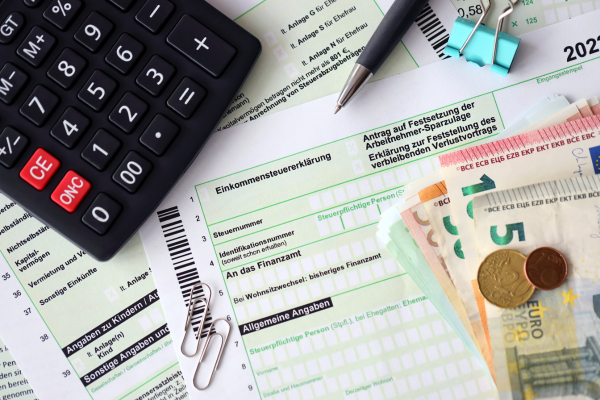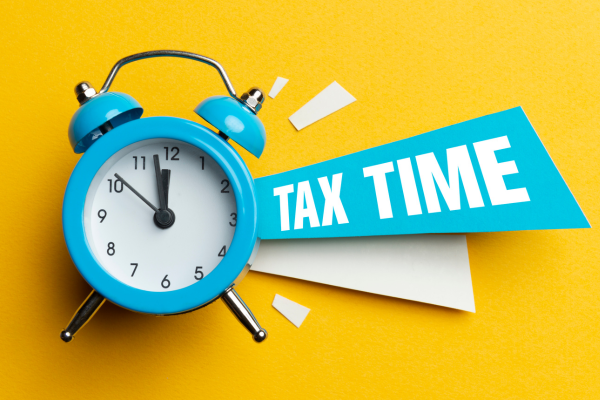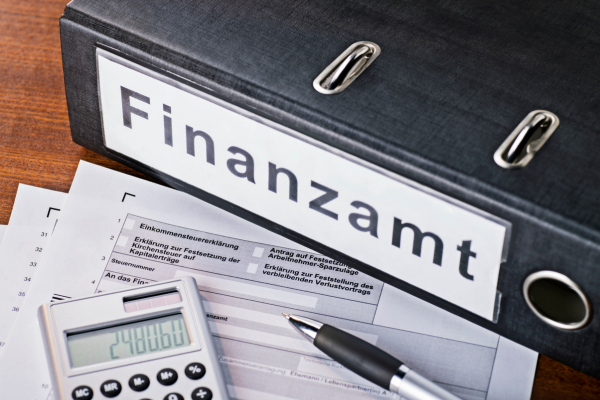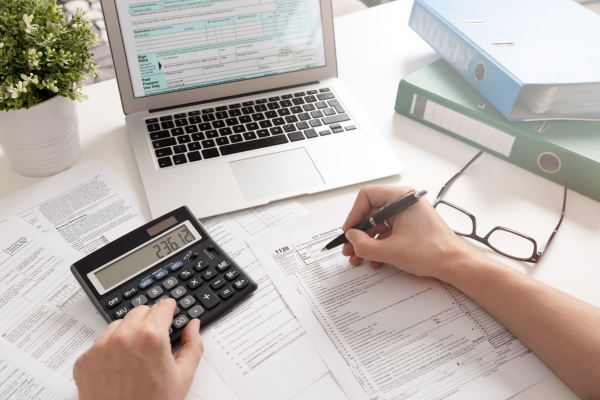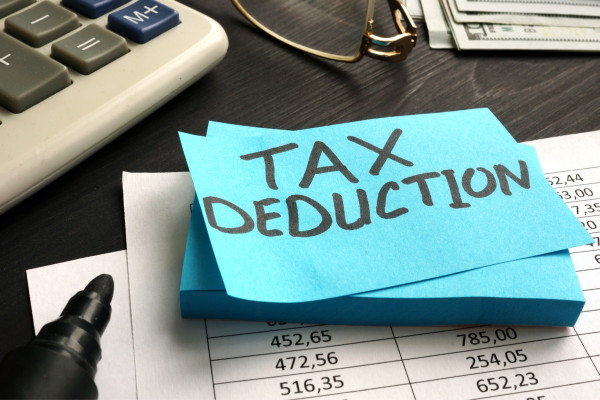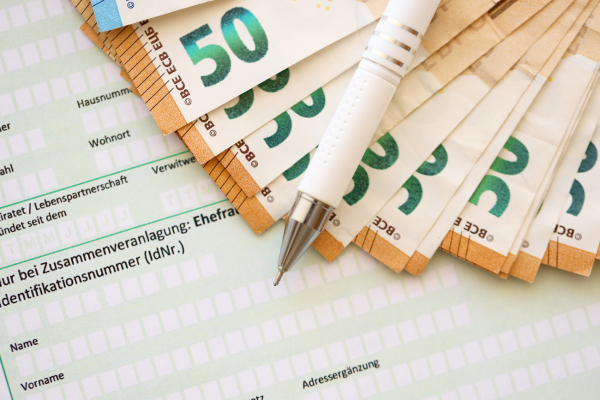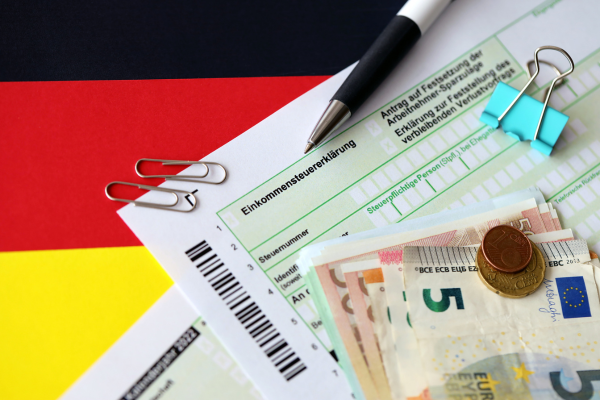Tax-Free Savings in Germany: Making the Most of Your Allowances

Tax-free savings allowances in Germany allow you to earn a certain amount of interest, dividends, or capital gains without paying taxes. Knowing how to make the most of these allowances can help you grow your wealth while minimizing your tax liability. This blog post will explore the various tax-free savings options available in Germany and provide tips on how to maximize your tax-free income.
Outline:
- Overview of tax-free savings allowances in Germany (Sparerpauschbetrag).
- How to use tax-free allowances for interest, dividends, and capital gains.
- Strategies for maximizing tax-free savings.
- The importance of savings plans and investment accounts.
- Reporting tax-free income on your tax return.
Overview of Tax-Free Savings Allowances in Germany (Sparerpauschbetrag)
In Germany, tax-free savings allowances, known as the Sparerpauschbetrag, allow individuals to earn a certain amount of interest, dividends, and capital gains without paying taxes. As of 2023, the allowance is €1,000 for single individuals and €2,000 for married couples filing jointly. This allowance is designed to encourage savings and investments by reducing the tax burden on income from capital.
Top Tip:
Notably, this allowance is also applicable to children, meaning that each child in a household is entitled to their own tax-free savings allowance. This provides families with a significant opportunity to reduce their overall tax burden on investment income.
Understanding and utilizing the Sparerpauschbetrag can help you maximize your savings while minimizing taxes.
How to Use Tax-Free Allowances for Interest, Dividends, and Capital Gains
The Sparerpauschbetrag in Germany applies to income from interest, dividends, and capital gains. To benefit from this tax-free allowance, you must submit a Freistellungsauftrag (exemption order) to your bank or financial institution. This order ensures that your eligible income is automatically exempted from taxation up to the allowance limit.
Additionally, each child in your household is entitled to their own Sparerpauschbetrag, allowing you to shield even more of your family’s investment income from taxes.
Properly managing these allowances can significantly reduce your taxable income from investments.
Strategies for Maximizing Tax-Free Savings
Maximizing tax-free savings in Germany involves strategic use of the Sparerpauschbetrag for yourself and your children. By ensuring that each family member’s allowance is fully utilized, you can maximize the amount of tax-free income from your investments.
Distributing investments across different accounts and submitting a Freistellungsauftrag for each one is key to making the most of these allowances. Additionally, consider investment vehicles that offer further tax advantages, such as long-term savings plans or pension accounts, to enhance your family’s financial growth while minimizing taxes.
The Importance of Savings Plans and Investment Accounts
Savings plans and investment accounts play a crucial role in long-term financial planning and can be optimized to take full advantage of tax-free allowances in Germany. There are different accounts that offer additional tax benefits beyond the Sparerpauschbetrag, making them valuable tools for building wealth while minimizing taxes. These accounts not only provide tax-free growth but also contribute to a more secure financial future. Understanding the different types of savings plans and their tax implications is essential for making informed investment decisions – We collaborate with German Sherpa Financial Solutions, specializing in services for Expats in Germany.
Reporting Tax-Free Income on Your Tax Return
Even though certain income may be tax-free under the Sparerpauschbetrag, it’s important to report it accurately on your tax return, including any income attributed to your children. This includes interest, dividends, and capital gains within the tax-free allowance. Proper reporting ensures compliance with tax regulations and avoids potential penalties. If your family’s total income from capital exceeds the tax-free allowances, the excess must be declared and will be subject to taxation. Keeping detailed records and accurately reporting all income is essential for managing your family’s tax obligations effectively.
Disclaimer:
The information provided in this blog post is for general informational purposes only and does not constitute tax, legal, or financial advice. While we strive to ensure the accuracy and timeliness of the information, tax laws are complex and subject to change. We recommend consulting with a certified tax advisor for advice tailored to your individual circumstances. In terms of financial consultation, we collaborate with German Sherpa Financial Solutions, specializing in services for Expats in Germany. Please note that this content does not serve as tax consulting.
How to Deduct Education and Training Expenses on Your German Tax Return
How to Deduct Education and Training Expenses on Your German Tax Return Investing in education…
Tax Classes in Germany (Steuerklassen): What You Need to Know
Tax Classes in Germany (Steuerklassen): What You Need to Know Germany’s tax system uses tax…
Home Office Deduction in Germany: How to Claim It and Maximize Your Savings
Home Office Deduction in Germany: How to Claim It and Maximize Your Savings With the…
Income Thresholds, Tax-Free Amounts, and Tax Brackets
Income Thresholds, Tax-Free Amounts and Tax Brackets Germany uses a progressive income tax system, which…
Claiming Moving Expenses on Your German Tax Return: What You Need to Know
Claiming Moving Expenses on Your German Tax Return: What You Need to Know Moving for…
How and When to Change Your Tax Class
How and When to Change Your Tax Class Changing your tax class can have a…
How to Deduct Childcare Expenses on Your German Tax Return
How to Deduct Childcare Expenses on Your German Tax Return Raising a child in Germany…
Filing Your Taxes in Germany: Your Options
Filing Your Taxes in Germany: Your Options In Germany, tax returns (Steuererklärungen) are usually due…
Who Can Legally Help You File Your Taxes?
Who Can Legally Help You File Your Taxes? In Germany, only certain professionals are authorized…
Top Strategies to Legally Reduce Your Taxes in Germany
Top Strategies to Legally Reduce Your Taxes in Germany Paying taxes is a part of…
Maximizing Your Tax Refund in Germany: Tips and Tricks for Expats
Maximizing Your Tax Refund in Germany: Tips and Tricks for Expats Getting a tax refund…
How to Optimize Your Tax Class to Save Money in Germany
How to Optimize Your Tax Class to Save Money in Germany Choosing the right tax…
Exploring Tax Deductions: How to Lower Your Taxable Income in Germany
Exploring Tax Deductions: How to Lower Your Taxable Income in Germany Tax deductions are one…
The Best Tax-Saving Strategies for Families in Germany
The Best Tax-Saving Strategies for Families in Germany Families in Germany can take advantage of…
What Can You Deduct? A Comprehensive List of Tax-Deductible Expenses in Germany
What Can You Deduct? A Comprehensive List of Tax-Deductible Expenses in Germany Knowing what expenses…
Understanding Tax-Free Allowances and Flat Rates in Germany
Understanding Tax-Free Allowances and Flat Rates in Germany Tax-free allowances and flat rates are essential…
Claiming Work-Related Expenses: How to Reduce Your Tax Bill in Germ
Claiming Work-Related Expenses: How to Reduce Your Tax Bill in Germany Work-related expenses are some…
Donations, Insurance, and More: How to Maximize Your Tax Deductions in Germany
Donations, Insurance, and More: How to Maximize Your Tax Deductions in Germany In Germany, certain…
The Complete Guide to Deductible Medical Expenses on Your German Tax Return
The Complete Guide to Deductible Medical Expenses on Your German Tax Return Medical expenses can…






